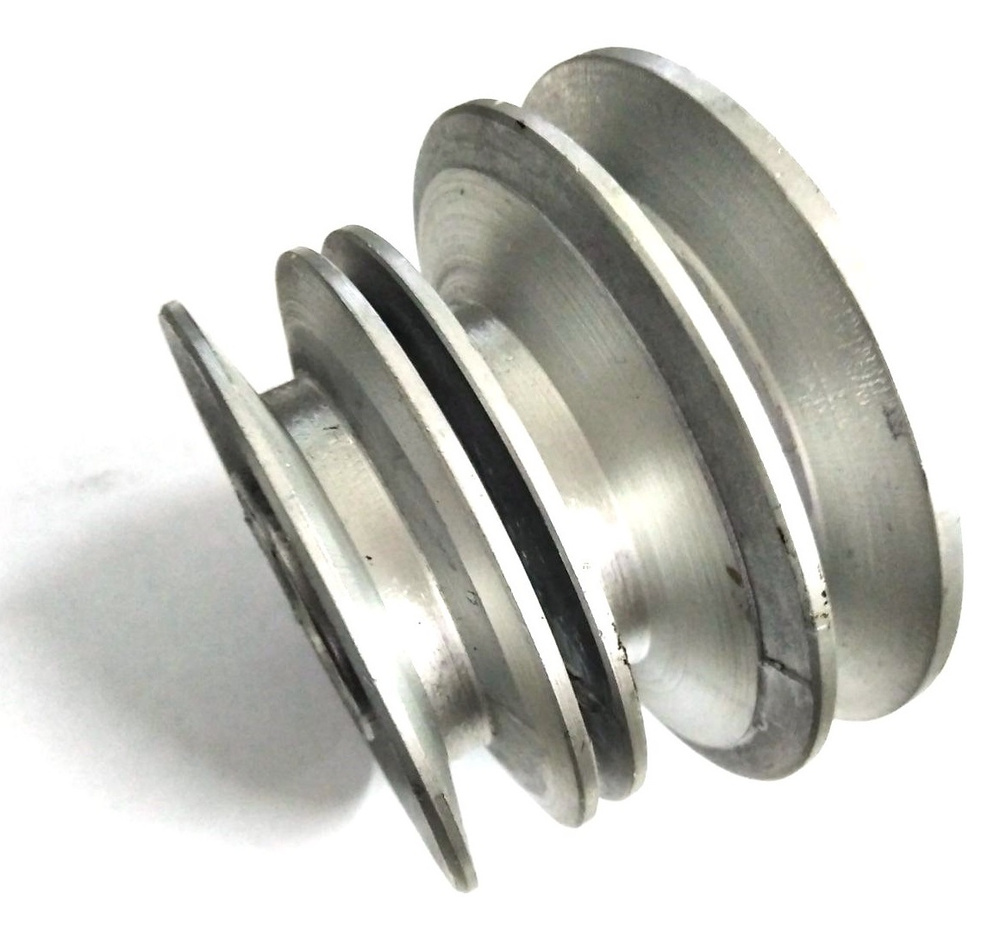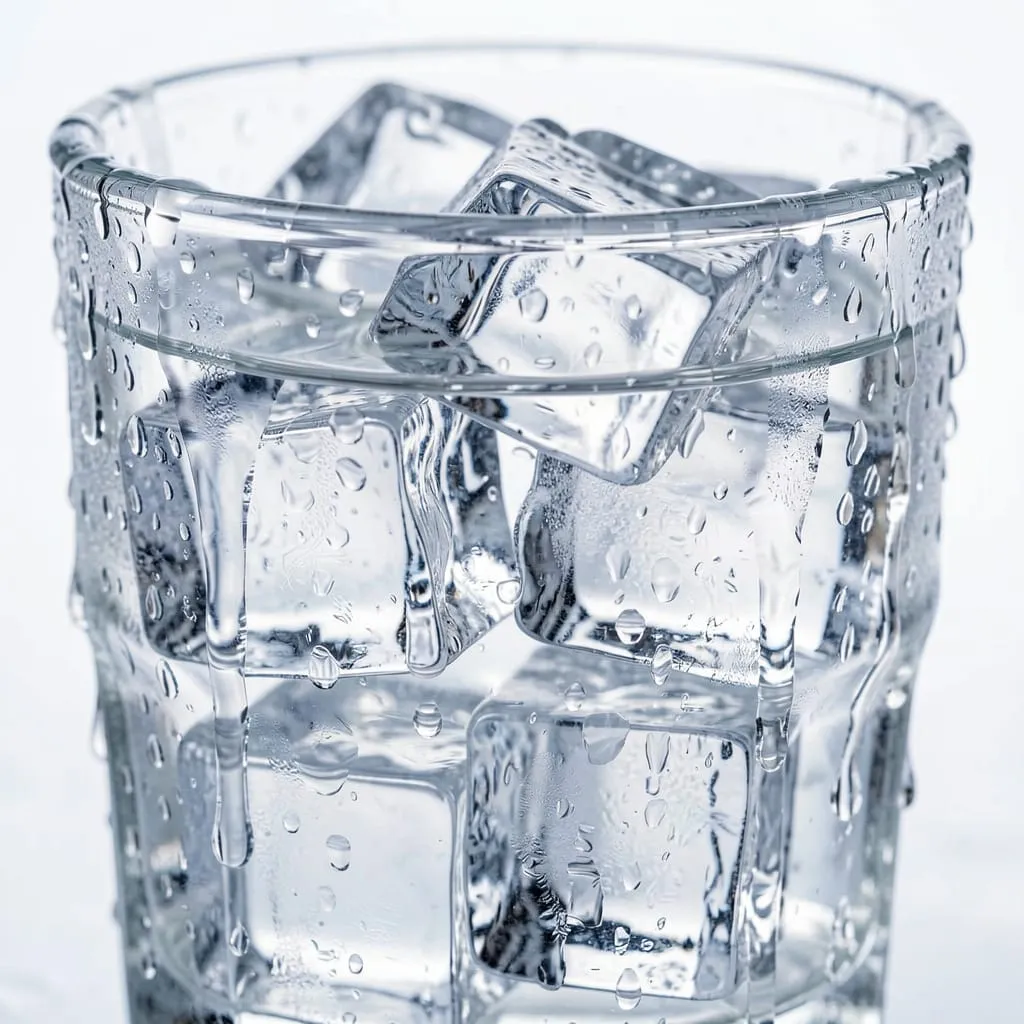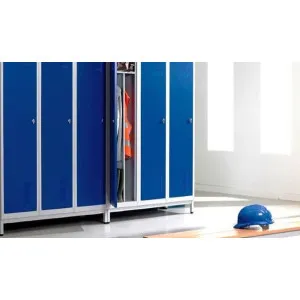To increase muscle mass, it is important to rest between one training session and another in order to give the muscle time to grow
Increasing muscle mass is one of the main objectives of those who want to show off a strong and toned body. We are talking about the volume of body tissue that corresponds to muscle, or the lean mass that helps to have strength and endurance here.
It is not easy to increase muscle mass, you need a continuous commitment in terms of nutrition and physical activity.
Furthermore, it is important to understand that this is a long-term project, the results of which may vary according to the lifestyle of each one.
Since many of us have this purpose, today we want to suggest 5 habits to increase muscle mass naturally and safely.
Power to put mass
From this point of view, it is important not only to replenish the energies but also to feed oneself to increase muscle mass. It is necessary to replenish the calories burned with food, but also the substances that have been affected in the muscle. Anyone following a training, aerobic or anaerobic, is subjecting their body to an intense energy expenditure that can affect the muscles — the muscle material is demolished during the strongest efforts.
A personal trainer also specialized in sports nutrition, is able to draw up a muscle growth program without miraculous supplements but with a diet that provides proteins and integrates the protein factor without excess.
In this case, we work on the liver, which is the organ responsible for controlling metabolism and acts through a biochemical process capable of promoting or not even muscle growth.
The resources available to replenish the efforts made are found in the liver, which transforms excess protein into urea and carbohydrates, nutrients available to be burned during the effort.
It works, therefore, by optimizing the proteins in the diet, to create reserves of amino acids. A protein reserve that the liver can convert to water, ammonia and carbon dioxide if necessary. If the protein intake is low, on the contrary, the muscles will decrease in tone.
It is important to control the expulsion of ammonia from the kidneys because a high content makes it harmful. Protein intake must not exceed 20-25% and sports nutrition will be assessed according to your level of training and the constitutional component (different proportions between bone segments, muscles and propensity to increase lean body mass).

The increase in muscle tissue is not recommended through food supplements taken in an uncontrolled way, or by using steroids. We know that the ability to increase mass also depends on hormones, in particular the growth hormone (GH) responsible for the development of bones and muscles. This can be taken naturally through certain foods which, by stimulating the pituitary gland, promote the production of the hormone itself: broad beans, eggs, algae, dark chocolate, yogurt, Goji berries, watermelon, dried fruit, Parmesan.
Eat with taste, train releasing endorphins and build muscle … better than that!










